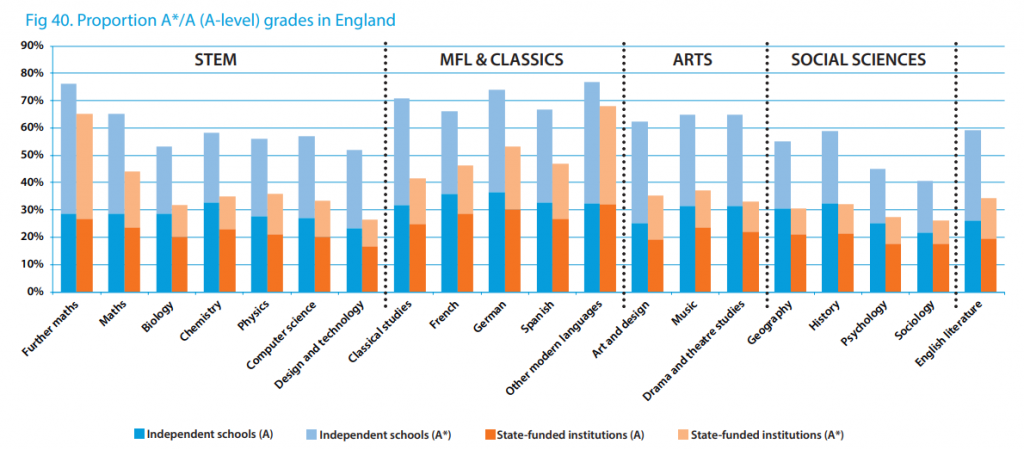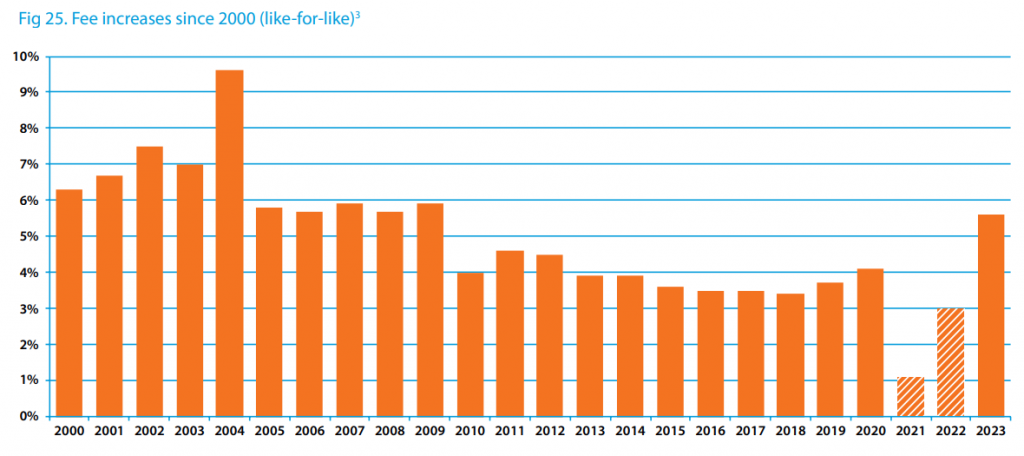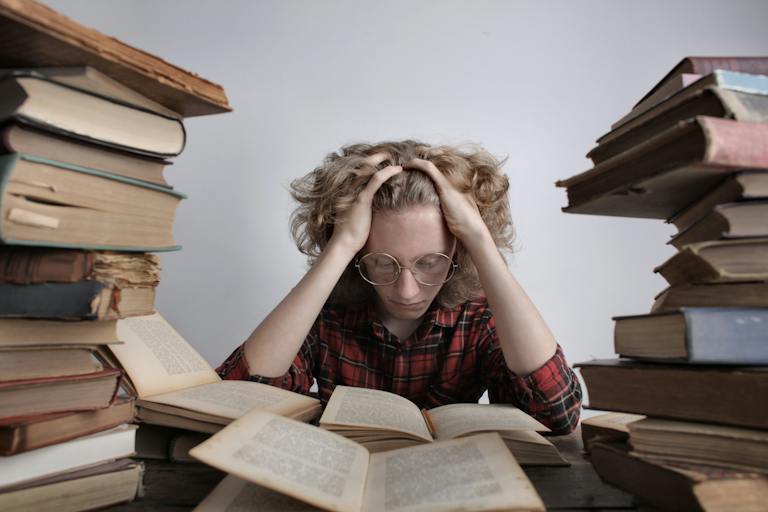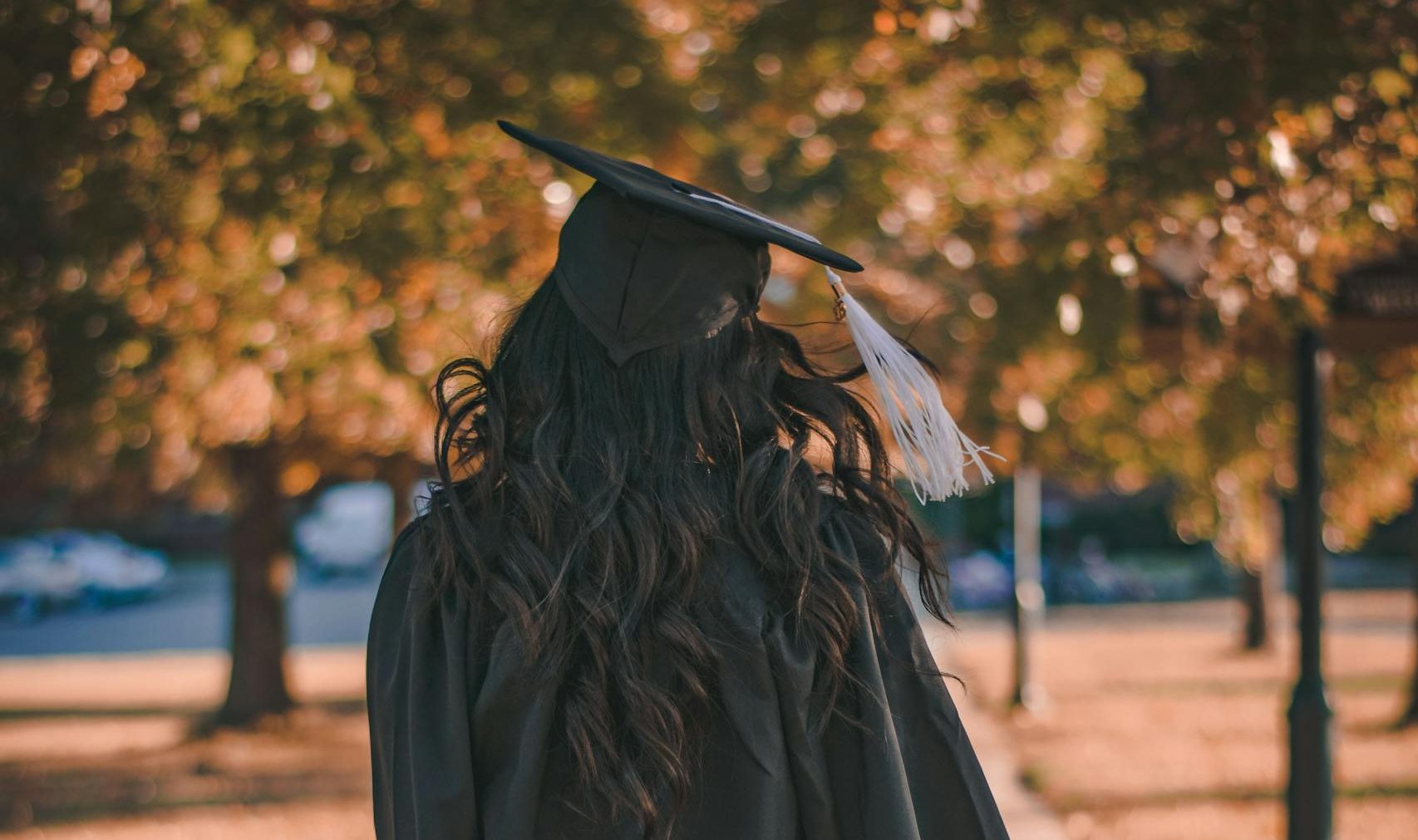How to Invest Wisely in your Kid’s Education: Private Schools
Before we start, a reminder that I’m the Conflicted Parent, not the Political Parent – at least not online. The philosophical discussion of private schools is for my other alter ego on a Friday night after the kids have gone to bed. Please contact me directly to schedule that discussion! 😉
Now we’ve established that the Conflicted Parent is not partisan, we can begin:
As a parent, one of the most important decisions you can make is where to send your child to school. Private schools are often perceived to give your child an edge in education and life, but is this hype and are they worth it? How can you invest wisely in your kid’s education? Read on….
The Pros
Higher academic outcomes
Private schools have higher expectations and more rigorous curricula than state schools. They have more resources to spend on teaching and learning, such as smaller class sizes, better facilities, and (perhaps) more highly qualified teachers. As a result, privately-educated pupils tend to achieve higher grades than their state school peers. According to Ofqual, in 2023 private school students in England were more than twice as likely1 to earn A or A* grades as state pupils. Private school pupils are also more likely to go on to higher education, and tend to have higher earnings and more influential careers than those attending state schools2.

Greater parental choice and engagement
Private schools offer more flexibility to parents where they can choose a private school that suits their child’s needs, interests, and abilities. These institutions, by virtue of the smaller class sizes and higher staff-pupil ratios, can also afford to place a premium on communication3. Staff can make themselves more available either via email or more frequent parents’ evenings. Parents who want to be more engaged (and can afford it) will more naturally gravitate towards private schools.
Enrichment opportunities
Private schools provide a wider range of extracurricular activities and experiences than state schools, such as sports, arts, music, drama, clubs, and societies. These opportunities can help develop students’ skills, talents, passions, and confidence. Private schools can design their curriculum independently of the national curriculum and can therefore teach a broader set of subjects. They also tend to have more connections and networks with external organisations and institutions, such as employers, universities, charities, and alumni, which can help open more doors and possibilities for students’ future education and career.
Ok – you knew that already and it sounds like a no-brainer! Where do you sign? 🙋📜
But hold on there just one second, I’ve only told you the good stuff, let’s balance this out. 🤷
The Cons
High financial costs
Private schools are expensive, and their fees have been rising faster than inflation and income in recent years. According to the Independent Schools Council, the average annual fee for a private day school in the UK in 2022-23 was £16,6564. And if that seems low to you, it may be because that’s the UK average; there are significant regional variations with (for example) London having significantly more expensive institutions. These fees also don’t include other costs, such as uniforms, books, transport, and trips. Many parents make sacrifices to afford school fees, such as cutting back on holidays, leisure activities, or even household expenses.

You think you can service that cost? According to a survey by the charity Parentkind, research suggests that almost one in three parents are struggling with the costs5 of sending their children to school and an increasing number of parents are taking out loans to pay for private school fees for their children6. This is likely to become worse if VAT is charged on school fees under a potential Labour Government; possibly resulting in your private school losing children or even closing 💣💥!
Don’t believe me? Here you go, straight from the horse’s mouth: Tom Dawson, Headmaster of Sunningdale School, believes that up to a third of parents may have to take their children out of private schools, causing some of them to close and that the state sector does not have the capacity to take the additional pupils7. For many parents, paying for private school can be a huge financial burden and a source of stress and anxiety. Great if you can afford it, but what if you struggle to make the numbers work?
Social inequality
Private schools widen the wealth gap by predominantly catering to affluent families who can afford the fees and meet entrance requirements. This leads to a stark socio-economic divide between private and state, putting your child in an echo chamber of peers with the same privileged experiences. Maybe you don’t care — after all, you are doing what’s best for your child. The Conflicted Parent gets that and it’s understandable to think that way. But consider the 21st-century skills your children are going to need: cultural intelligence, empathy, civic engagement. Limiting their exposure to different perspectives may impact their ability to navigate the diverse world ahead. Is trading improved grades worth this limitation?
Worse mental health
Now this is the most surprising point for the Conflicted Parent! Parents often cite bullying and wellbeing as a reason for moving their children into private schools. But private schools may not necessarily lead to better mental health and wellbeing for students, despite their academic and future career benefits. A study conducted by the University of York found that privately educated students are more likely to experience bullying, start drinking earlier, and take more risks than their state school counterparts8. Another study found that students in high achieving schools, some private and some public, had rates of clinically significant levels of anxiety and depression that were six to seven times the national average!9.

The reasons are many and varied. Private school students may face more pressure and stress to perform well and meet high expectations, both from their schools and their parents. They may also experience more competition and comparison with their peers and feel less satisfied with their achievements. Private school students may also struggle to cope with the transition to higher education or work, where they may encounter more diversity and adversity, and lose their sense of privilege and advantage.
Not so clear cut now, am I right?
The ‘Return on Investment’ Calculation
Given the pros and cons, how do parents decide whether they are worth the investment and the risk? There is no definitive answer to these questions, as parents have different preferences, priorities, and circumstances. My thoughts?
Private schools are not the only way to achieve success
Students’ abilities, motivations, and choices, as well as family background, social networks, and external opportunities, all play a significant role. Of these, external opportunities are the ones that parents can leverage to democratise education. With a little imagination, there are opportunities everywhere to enrich your children’s education that are low or zero cost! Moreover, there are many state schools that offer high-quality education and excellent results, and that can compete with or even outperform private schools. I know the competition for those is fierce – but not every child has the stomach for that high achieving competition, neither in private nor state school. Maybe your child needs a different route for success? Think about that!
Private schools may not prepare children for the future
Private schools may be too focused on academic achievement and traditional subjects and may not provide enough exposure and experience to the real world and its diversity and complexity. They may also instill a sense of entitlement and complacency in students, and may not foster the resilience, adaptability, and curiosity that are essential for lifelong learning and development.
Private schools may not be worth the financial costs
Private schools may not be a wise or financially sustainable choice, especially in times of economic uncertainty and instability, and considering the increasing availability and affordability of alternative and diverse educational options (looking at you AI). And anyway, many universities have introduced initiatives to increase the access and participation of state school students, such as contextualised admissions, outreach programs, and, yes, lower grade offers10.
So, now what Conflicted Parent?
Private schools are a controversial and complex topic, and there is no simple answer to whether they are worth it or not. Parents who are considering private schools for their children should weigh up the costs and benefits of different options and make informed decisions based on their own priorities and circumstances.
Me? For full transparency, The Conflicted Parent is in a wonderful state primary school and loves it. Right now, the ROI calculation simply doesn’t add up. Will a move to private ever be on the cards assuming it can be funded? I really don’t know. One of the reasons for starting this blog was to figure it out. What do you think?
- Private school students in England twice as likely to earn top A level grades as state pupils | The Guardian ↩︎
- Elitist Britain 2019 | Sutton Trust ↩︎
- Pushy parents in private schools: public enemy number one for teachers? | Teacher Network | The Guardian ↩︎
- Independent Schools Council: 2023 Census ↩︎
- National Parent Survey 2023 | ParentKind ↩︎
- Sharp rise in parents taking out LOANS to pay children’s private school fees | This is Money ↩︎
- ‘We will lose a third of parents’: The private schools facing closure under Labour’s tax plans | Daily Telegraph [paywall] ↩︎
- Private school education may damage students’ social and emotional development | University of York ↩︎
- The Toxic Consequences of Attending a High-Achieving School | Psychology Today ↩︎
- Universities offer places to disadvantaged children with three grades lower than middle-class students | Daily Telegraph [paywall] ↩︎

